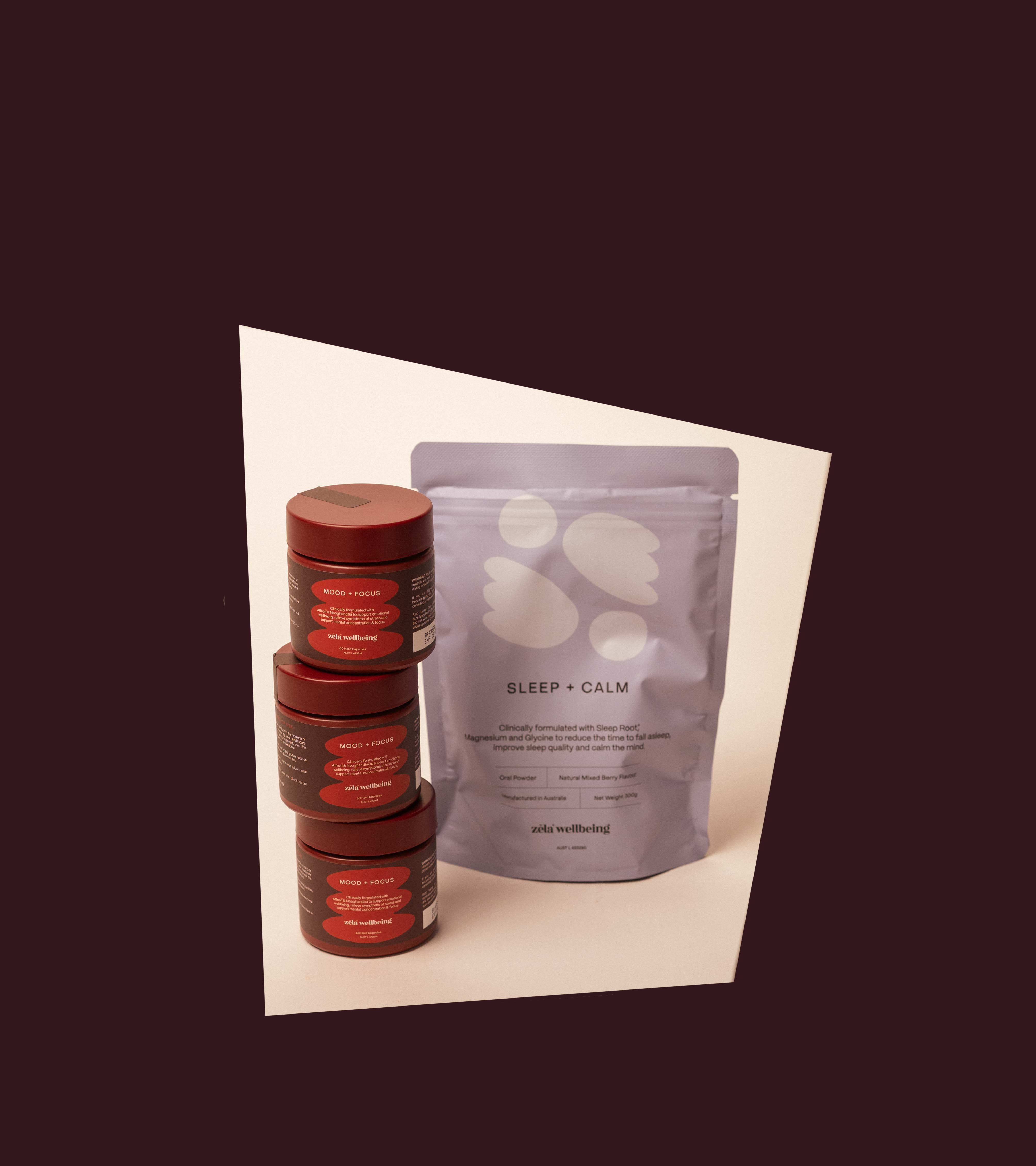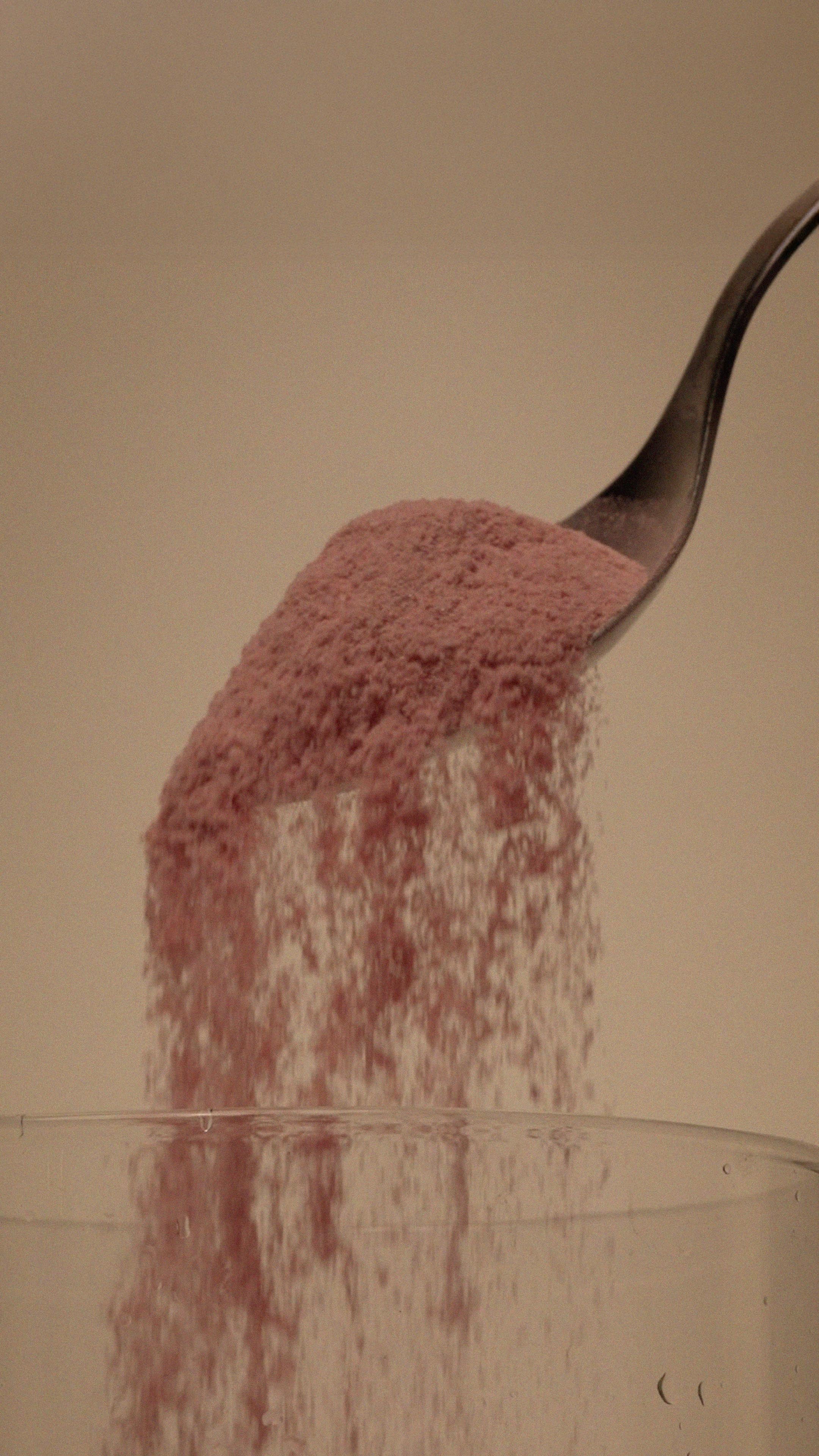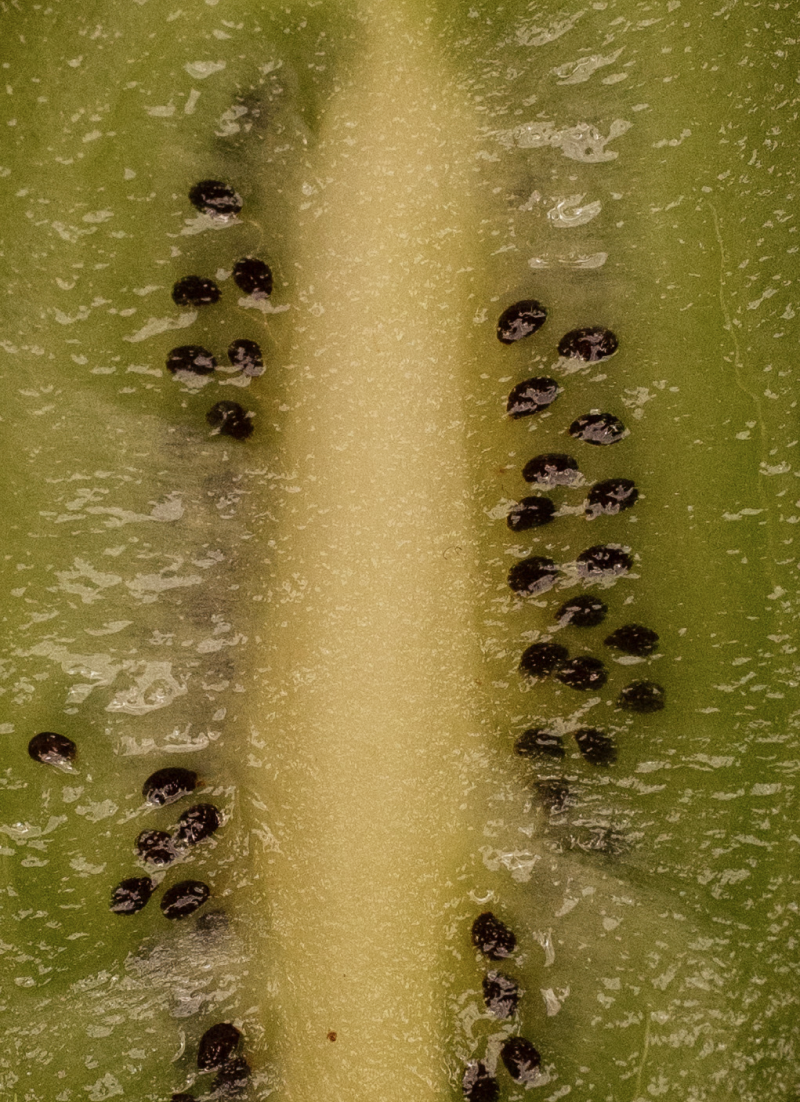The Endometriosis Diet: What To Eat For Hormonal Balance
If you’re navigating the challenges of endometriosis, you’re not alone. This condition affects millions of women, yet it can feel isolating when pain, fatigue, or unpredictable symptoms take centre stage. While medical treatments are key, what you put on your plate can be a powerful tool in managing symptoms and reclaiming your energy. At Zela, we’re all about empowering you with science-backed, practical ways to feel your best.

Let’s dive into how diet can support your journey with endometriosis, from spotting the signs to building a nourishing meal plan and exploring supplements that make a difference.
Is It Endometriosis?
Endometriosis can feel like a mystery, with symptoms that vary from person to person and often overlap with other conditions. It happens when tissue similar to the uterine lining grows outside the uterus, leading to inflammation and discomfort. So, how do you know if it’s endometriosis? Here are some signs to watch for:
- Pelvic Pain That Persists: Think chronic or cyclical pain, especially around your period, that feels more intense than typical cramps
- Painful Periods: Cramps that make you cancel plans or reach for the heating pad more than you’d like
- Discomfort During Sex: Pain during or after intimacy can be a red flag
- Heavy or Irregular Periods: Unusually heavy bleeding or cycles that feel all over the place
- Gut Troubles: Bloating, nausea, or diarrhoea, especially during your period, are common
- Fatigue or Fertility Challenges: Feeling wiped out or struggling to conceive might also point to endometriosis.
If any of these sound familiar, it’s time to check in with a gynaecologist. Diagnosis often involves a mix of symptom tracking, pelvic exams, imaging like ultrasounds, or even a laparoscopy to confirm. Trust your body – if something feels off, advocate for yourself. You deserve answers.
How Does Diet Impact Endometriosis?
While diet alone doesn’t directly cause endometriosis, research suggests it can influence risk and symptom severity by affecting inflammation, oestrogen levels, and gut health. Science shows that foods influence these factors, impacting symptom severity.
Chronic Inflammation: Endometriosis is characterized by chronic inflammation, which exacerbates pain and tissue growth. Diets high in red meat, trans fats (found in fried foods and processed snacks) and refined sugars are linked to increased inflammation.
A 2018 study in The American Journal of Obstetrics and Gynaecology found that women consuming higher amounts of red meat had an increased risk of endometriosis.1
Recommendation: Anti-Inflammatory Diet
Foods rich in omega-3 fatty acids (e.g., fatty fish, flaxseeds), antioxidants (e.g., berries, leafy greens), and fiber (e.g., whole grains) can reduce inflammation. A 2020 review in Reproductive Biomedicine Online highlighted that a Mediterranean-style diet, high in fruits, vegetables, and omega-3s, was associated with lower endometriosis-related pain.2
Oestrogen Metabolism: Endometriosis is driven by excess oestrogen, which stimulates the growth of endometrial-like tissue. Diet influences oestrogen production and clearance. Saturated fats, particularly from red meat and high-fat dairy, may increase circulating oestrogen levels.
A 2020 study in The American Journal of Obstetrics and Gynaecology suggested that high dairy consumption was linked to increased endometriosis risk, possibly due to its impact on oestrogen.3
Recommendation: High-Fibre Foods
High-fibre foods (e.g., vegetables, whole grains) help bind oestrogen in the gut, promoting its excretion. A 2024 study in Scientific Reports found that higher dietary fibre intake was associated with lower oestrogen levels, potentially reducing endometriosis symptoms.4
Recommendation: Cruciferous Vegetables
Broccoli, kale, and cauliflower contain indole-3-carbinol, which supports liver detoxification of oestrogen. A 2013 review in The Breast noted that these compounds may help modulate oestrogen metabolism, potentially slowing endometrial tissue growth.5
Gut-Endometriosis Axis: The gut microbiome plays a critical role in regulating inflammation and oestrogen levels. The gut microbiome produces beta-glucuronidase, an enzyme that can reactivate oestrogen in the gut, increasing circulating oestrogen levels. Diets low in fibre and high in processed foods can disrupt microbiome balance, elevating oestrogen. Dysbiosis (imbalanced gut bacteria) is common in endometriosis and may worsen symptoms.
A 2022 study in Frontiers in Cellular Infection Microbiology found that women with endometriosis often have altered gut microbiota, suggesting a link to symptom severity.6
Recommendation: Prebiotics and Probiotics
Foods like asparagus, garlic, and fermented products (e.g., yogurt, kimchi) support a healthy microbiome, which may reduce inflammation and improve oestrogen clearance. Qin R et al suggested that probiotics could lower systemic inflammation in endometriosis patients.6
Everyone’s body is different, so keep a food diary to pinpoint what works (or doesn’t) for you. A dietitian can help you navigate these changes while keeping your meals balanced and delicious.
Don’t Forget To Supplement
Supplements can be a game-changer when paired with a solid diet, here are some that may support your endometriosis journey:
- Magnesium: This calming mineral can ease menstrual cramps and muscle tension. Research suggests magnesium may reduce pain severity in endometriosis7
- Vitamin D: Low vitamin D levels are linked to endometriosis risk. A daily dose can support immune health and reduce inflammation. Get your levels tested to personalize your dose.7
- Probiotics: A daily probiotic supports gut health, which is key for hormone regulation and inflammation control. Choose a strain like Lactobacillus for best results.8
Multi-Action Support With Zela
Our Sleep + Calm formula was doctor-designed to provide a synergistic, clinically proven solution to bring your body and mind back into balance, naturally. Providing synergistic support in one simple formulation, our blend includes a pre- and probiotic power duo, – Valeriana Officinalis Root Extract and Lactobacillus Planatarum – magnesium glycinate supplementation among other high quality, clinically-proven ingredients. This blend is uniquely tailored for women’s bodies, providing a non-hormonal alternative that gets to the source.
References
- Yamamoto A, Harris HR, Vitonis AF et al. A prospective cohort study of meat and fish consumption and endometriosis risk. Am J Obstet Gynecol. 2018;219(2):178.e1-178.e10. doi: 10.1016/j.ajog.2018.05.034.
- Huijs E, Nap A. The effects of nutrients on symptoms in women with endometriosis: a systematic review. Reprod Biomed Online. 2020;41(2):317-328. doi: 10.1016/j.rbmo.2020.04.014.
- Nodler JL, Harris HR, Chavarro JE et al. Dairy consumption during adolescence and endometriosis risk. Am J Obstet Gynecol. 2020;222(3):257.e1-257.e16. doi: 10.1016/j.ajog.2019.09.010.
- Zheng YF, Guo YM, Song CJ et al. A cross-sectional study on the relationship between dietary fiber and endometriosis risk based on NHANES 1999-2006. Sci Rep. 2024 Nov 18;14(1):28502. doi: 10.1038/s41598-024-79746-9. PMID: 39557911; PMCID: PMC11574079.
- Liu X, Lv K. Cruciferous vegetables intake is inversely associated with risk of breast cancer: a meta-analysis. Breast. 2013;22(3):309-13. doi: 10.1016/j.breast.2012.07.013.
- Qin R, Tian G, Liu J et al. The gut microbiota and endometriosis: From pathogenesis to diagnosis and treatment. Front Cell Infect Microbiol. 2022;12:1069557. doi: 10.3389/fcimb.2022.1069557.
- Harris HR, Chavarro JE, Malspeis S et al. Dairy-food, calcium, magnesium, and vitamin D intake and endometriosis: a prospective cohort study. Am J Epidemiol. 2013;177(5):420-30. doi: 10.1093/aje/kws247.
- Chenoll E, Moreno I, Sánchez M et al. Selection of New Probiotics for Endometrial Health. Front Cell Infect Microbiol. 2019;9:114. doi: 10.3389/fcimb.2019.00114.





